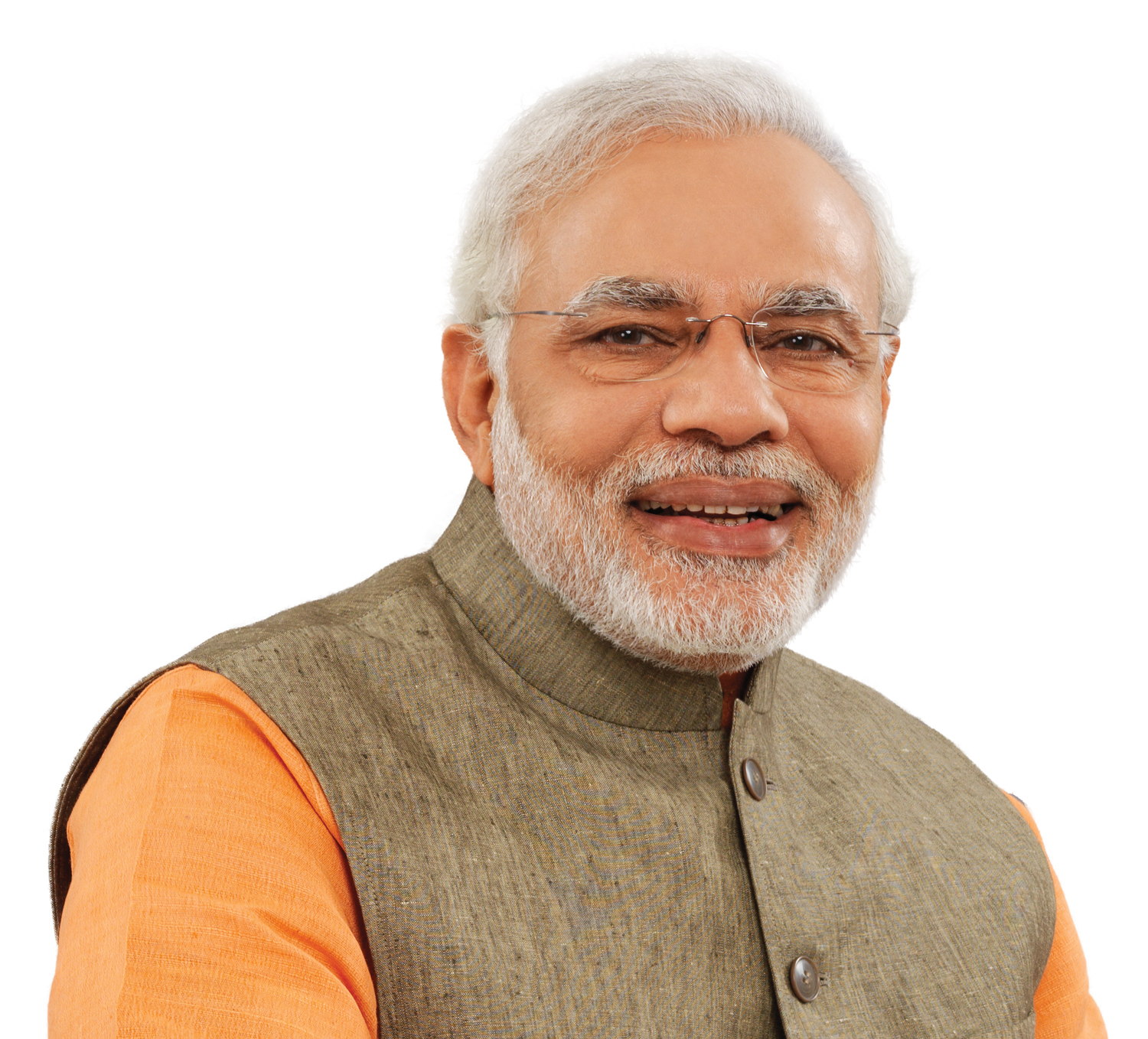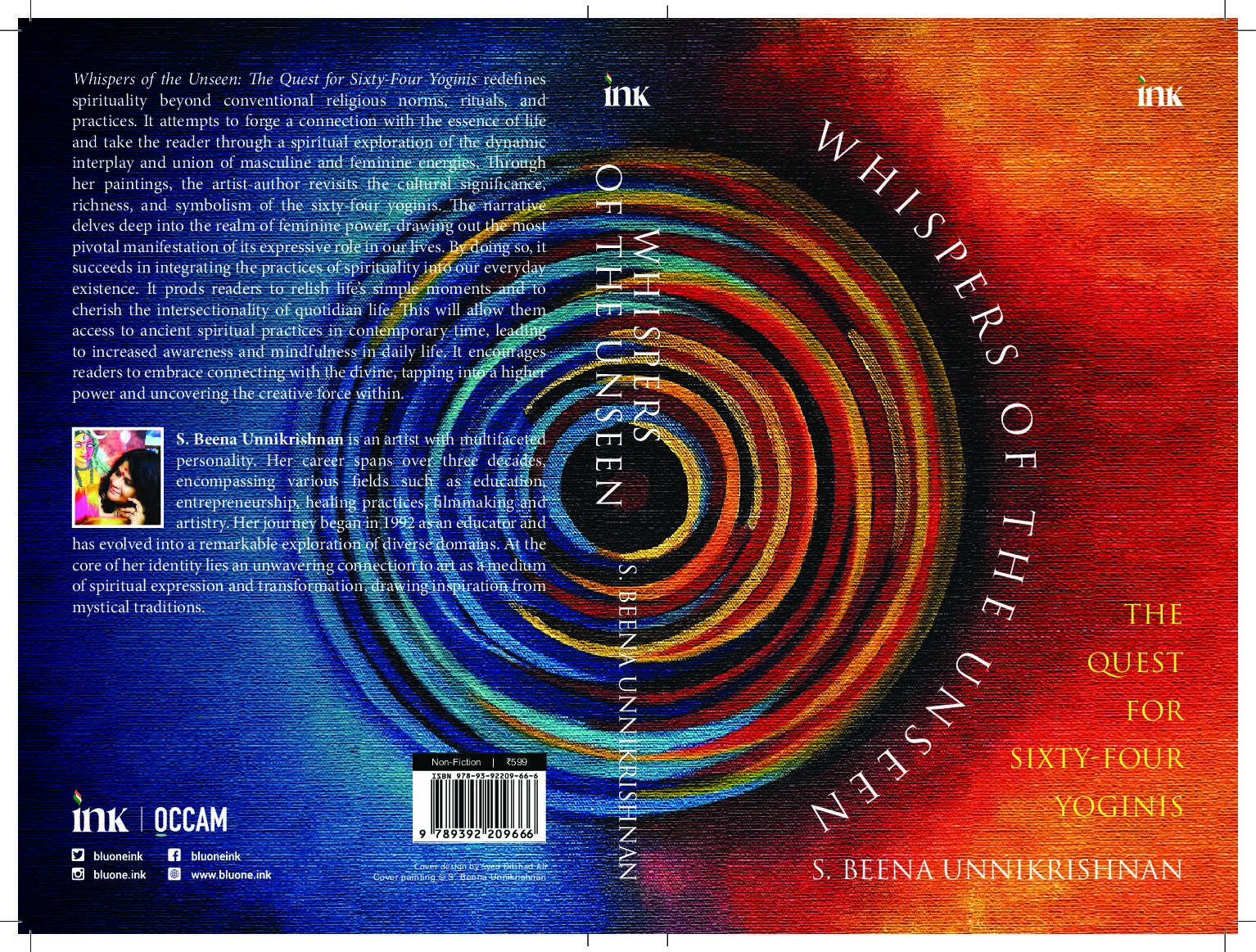Modi is a revolutionary
Ravi Shanker Kapoor | December 13, 2016 11:09 pm

Prime Minister Narendra Modi
In the wake of the demonetization move, various epithets have been used for Prime Minister Narendra Modi by his admirers and detractors—visionary, risk-taker, disruptor, etc. The most apt, however, I have not seen—revolutionary.
The Left would, of course, bristle at such description, because it believes that revolutions are its prerogative and also because, like everybody else, it believes that Modi is anti-Left. Lenin, Trotsky, Stalin, Mao, Castro—all were Leftists. So, comrades are likely to ask, how does Modi fit into this pantheon?
A proper reply to this objection demands a discussion on an essential feature of the Left ideology—to be precise (in this age of alt-Left and alt-Right), an essential feature of the classical Left ideology. It is the Left’s fascination with untested novelty in uncharted waters: a new man, a new society, a new economy, a new system, a new world, a new dawn, et al. Implicit in this line of thinking is the belief that the existing system, economy, society, polity, etc., are rotten, a consequence of the centuries of exploitation and exploitative structures.
Leftists have always wanted to do away, and did in many cases did away, with the shoddy baggage of the past. And do away pronto; not for them the long-winding democratic process and tedious public debates. At any rate, they don’t have much faith in democracy: while the Marxists openly strive for the dictatorship of the proletariat (which means they themselves), other Leftists also rely on some or other kind of enlightened caucus that would redeem the suffering humanity. For they have the map of the future world—a brave new world. Hence the Left’s obsession with revolutions.
The Right, on the other hand, values experience and suspects ideas, especially the ones whose efficacy hasn’t been verified. As I mentioned in my article on Rightwing (All you wanted to know about Rightwing, https://thehinduchronicle.com/2016/11/wanted-know-rightwing/), the philosophy of Edmund Burke (1729-97), the father of conservatism, has been beautifully described in Encyclopedia Britannica. Conservatism is a “political doctrine that emphasizes the value of traditional institutions and practices.” Conservatism, which was the earliest Rightwing ideology, “is a preference for the historically inherited rather than the abstract and ideal. This preference has traditionally rested on an organic conception of society—that is, on the belief that society is not merely a loose collection of individuals but a living organism comprising closely connected, interdependent members. Conservatives thus favor institutions and practices that have evolved gradually and are manifestations of continuity and stability. Government’s responsibility is to be the servant, not the master, of existing ways of life, and politicians must therefore resist the temptation to transform society and politics.”
It needs to be mentioned here that a skeptical approach towards untried ideas and unheard of innovations in social, economic, and political spheres is common to various strands of the Right, from Burkean conservatives to libertarians and the disciples of Ayn Rand. While the Left favors revolution, the Right prefers evolution.
Modi’s demonetization should be seen in this context. It has been rightly compared with Mao’s Great Leap Forward (1958-61), the massive industrialization and collectivization drive which ruined China’s economy and killed millions of people. Mao was neither the first nor the last to introduce drastic, immediate changes which had disastrous consequences. Just after the Russian Revolution (1917), the Bolsheviks introduced War Communism, in the history of the Soviet Union, economic policy that lasted from June 1918 to March 1921. Private business was appropriated, industry nationalized, of industry throughout Soviet Russia, and surplus grain and other food products were forcibly snatched from the peasantry. This led to large-scale starvation, decline in industrial production (in 1921 it dropped to one-fifth to that of the pre-war level), sharp decrease in real wages of urban workers, and strikes and unrest. War Communism had to be replaced with the New Economic Policy which brought some temporary relief.
The chaos, misery, and disruptions that India is witnessing today are not even a minute fraction of what the Russians, the Chinese, and others have endured. But it is indubitable that the action planned and executed by Modi and his team is of the same kind—a revolutionary step, a sudden move with a millenarian promise, a defining trait of the Leftwing thinking. This one step actually makes Modi not only a revolutionary but a Left revolutionary.
And it is not just this one decision; his acquiescence in the Nehruvian Consensus since May 2014 has been complete: he has refused to do away even the worst features of the ancien regime, be it state-run companies and banks or multifarious statist schemes. In fact, he has proved to be another Nehru, though saffron in hue and revolutionary by instinct.






























